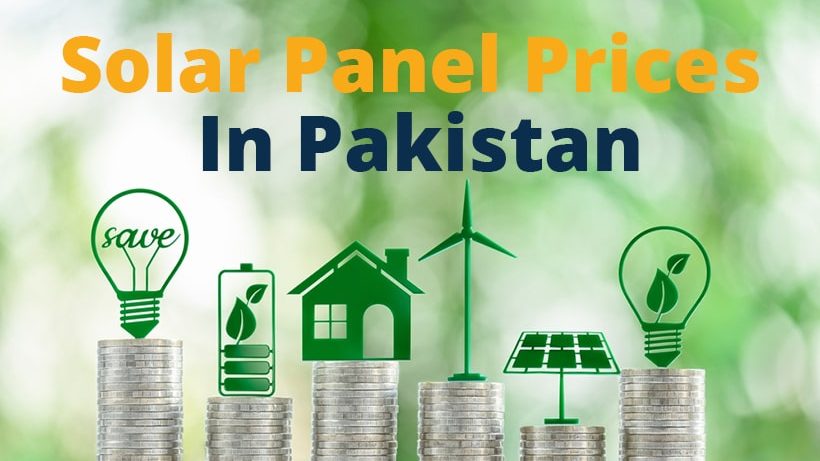
Understanding Solar Panel Prices in Pakistan: A Comprehensive Guide
Solar panels have gained popularity in Pakistan as a clean and sustainable energy source as the world embraces renewable energy solutions to combat climate change. In addition to reducing electricity bills, solar power contributes to a greener and more sustainable future. The purpose of this blog post is to help you make an informed decision about solar installations for your home or business by discussing the factors that influence their prices.
Factors Affecting Solar Panel Prices in Pakistan
Panel Type and Quality:
The type and quality of solar panels significantly affect their prices. Monocrystalline panels, known for their efficiency, tend to be more expensive than polycrystalline panels. High-quality panels from reputable manufacturers often come at a premium.
Capacity and Size:
The capacity of solar panels is measured in watts (W) or kilowatts (kW). Larger panels with higher capacity can generate more electricity but may also cost more. The size of the solar installation you need will impact the overall cost.
Installation Components:
Besides the panels themselves, the cost of other components like inverters, mounting structures, wiring, and batteries (if required) contribute to the total solar system cost.
Installation Location:
Pakistan’s geography and climate vary, affecting the efficiency of solar panels. Factors like sunlight hours, temperature, and shading can influence the size of the solar installation required, which in turn affects costs.
Government Policies and Incentives:
Government policies and incentives can play a crucial role in the pricing of solar panels. Subsidies, tax incentives, and net metering programs can make solar installations more affordable.
Labor Costs:
The cost of labor for the installation of solar panels varies by region and installer. More experienced and certified installers may charge higher rates.
Warranty and Lifespan:
Solar panel prices can also depend on the warranty offered by the manufacturer. Panels with longer warranties often come with a higher price tag, but they can offer better long-term value.
Economies of Scale:
Purchasing solar panels in bulk for larger installations can lead to cost savings due to economies of scale. However, smaller residential installations may not benefit from the same cost reductions.
Solar Panel Price Ranges in Pakistan
As of my last knowledge update in September 2021, here’s a rough price range for solar panels in Pakistan:
Polycrystalline Panels: These are typically more affordable and can cost anywhere from PKR 60 to PKR 80 per watt.
Monocrystalline Panels: Monocrystalline panels are more efficient but pricier, with prices ranging from PKR 80 to PKR 120 per watt.
Please note that these prices can vary based on the factors mentioned above and can change over time due to market dynamics, technological advancements, and policy changes.
Conclusion
Investing in solar panels in Pakistan can be a wise and environmentally responsible decision. While the initial cost may seem significant, it’s essential to consider the long-term benefits of reduced electricity bills, environmental impact, and potential government incentives. To get an accurate estimate for your specific solar installation, it’s advisable to consult with a reputable solar installation company SunnyPath Energy. They can provide detailed assessments and quotes tailored to your needs and location, helping you make an informed decision about harnessing the power of the sun.